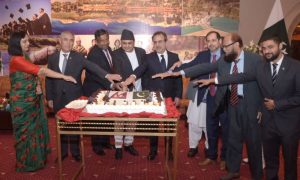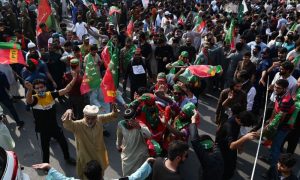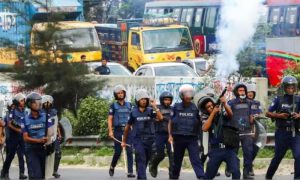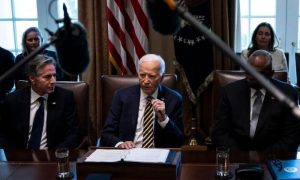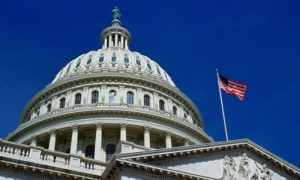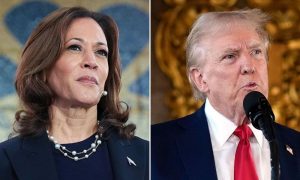LAGOS, NIGERIA: Bola Tinubu, a political “godfather” known for his strategic deftness and clout, never hid his ambition to be Nigeria’s president and has finally fulfilled his “lifelong” goal by winning the presidency of the most populous African nation with 8.8 million votes, as per the final election results.
Despite past corruption allegations and lingering questions about his health, the two-time governor of Lagos will succeed President Muhammadu Buhari, a former military general he says he helped put into power. His ruling All Progressives Congress faces accusations of electoral fraud in Saturday’s poll from its two main opponents. But electoral officials and the APC dismissed the allegations.
Often referred to with the chieftain’s title of “Jagaban”, Tinubu has for years build his Lagos powerbase into a countrywide network of contacts from Lagos market cooperatives to political operatives and transport unions. But in a surprise outcome from Saturday’s polls, rival Labour Party candidate Peter Obi claimed victory in Lagos State Tinubu’s traditional support hub.
“You win some, you lose some,” he said about the result, asking his supporters to remain calm. Days later, the 70-year-old, who used the slogan “It’s my turn” in his campaign, was confirmed as the winner of the presidency. Tinubu, a Muslim born in Nigeria’s Yoruba-speaking southwest, got training as an accountant in the United States and worked for a number of American firms, including as a treasurer at oil giant ExxonMobil.
He was also an activist, prior to becoming a senator and then governor of Lagos State from 1999-2007. During his activist days, Tinubu was forced into exile by military dictator Sani Abacha along with multiple others for campaigning for a return to democratic rule in 1999. Described by his partners as an astute political strategist, Tinubu co-founded and financed the Alliance for Democracy, which later became the Action Congress of Nigeria, and then helped in forming the ruling All Progressives Congress.
He played a key role in bringing together APC groups, pushing Buhari to victory in 2015 and ending 16 year-rule of the rival Peoples Democratic Party (PDP). Buhari’s election as the president, the first opposition victory in Nigeria, as well as his 2019 re-election were also partly attributed to Tinubu’s political influence. Tinubu, in a mark of his staying power, kept his tight grip over the governorship of Lagos from 1999, holding the position until 2007 and inflencing the selection of his successors since leaving office. His influence in the southwest has annoyed some would-be candidates who missed out on top positions and leading to his criticism as dictatorial and undemocratic.
Corruption charges against Tinubu
Tinubu is believed to be one of the richest politicians in Nigeria and after leaving office he was accused of corrupt practices such as money laundering and having more than a dozen foreign bank accounts. However, he was never charged and denies wrongdoing.
PDP critics, on the campaign trail, termed him a “wobbly, wonky and narcotic-devastated,” a reference to Tinubu’s health issues as well as a 1993 US court filing that cited a “drug-related seizure of property” from his bank account in US.
The source of Tinubu’s wealth is not known but he has been involved in a number of business ventures, such as media and aviation, tax consultancy, hotels and real estate holdings. One critic labelled him “a greedy politician”, accusing him of gobbling up major sources of revenue from Lagos.
But Information Minister Lai Mohammed, Tinubu’s former chief of staff, called him one of the shrewdest of political operators.
After his presidential inauguration scheduled in May, Tinubu will face a myriad of challenges linked to rising poverty and rampant insecurity and will have to take difficult decisions around removing costly fuel subsidies. — AFP













